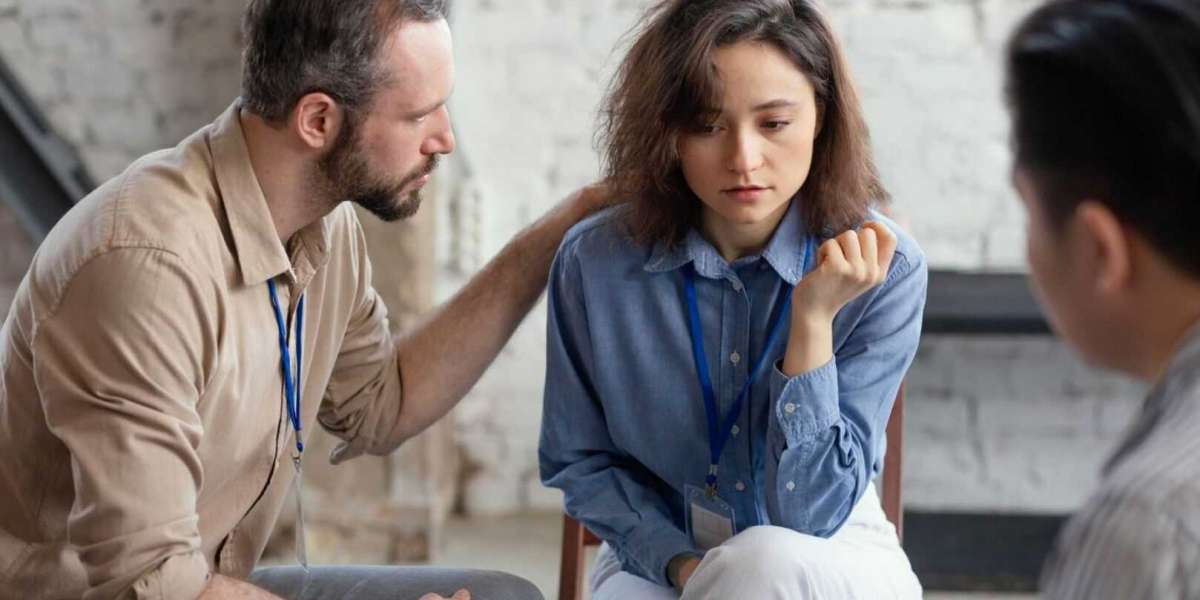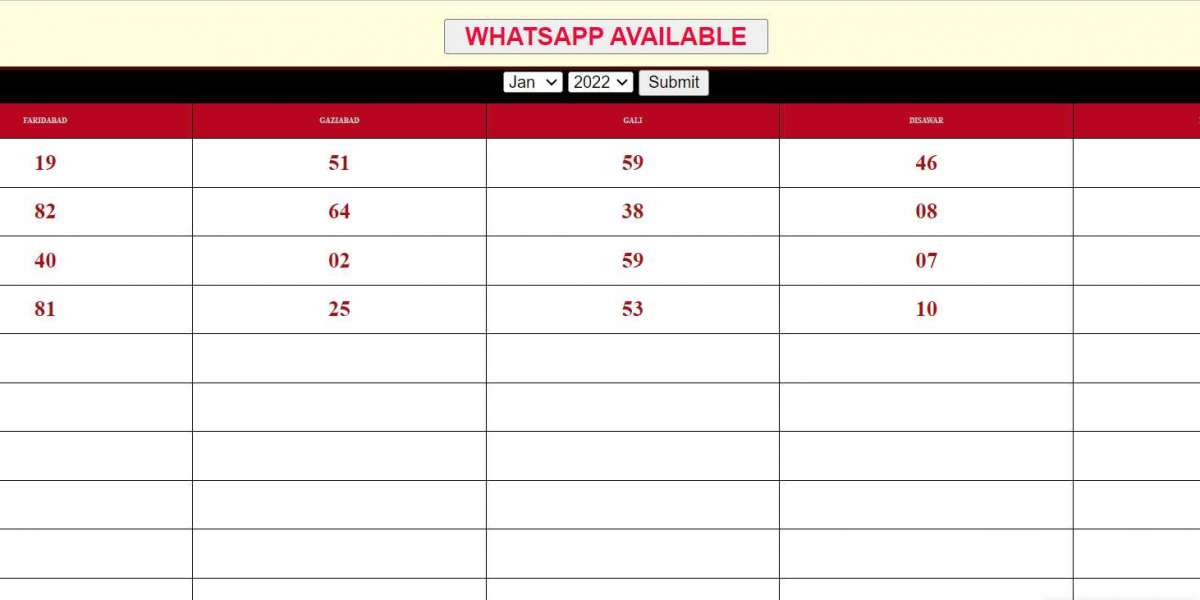Relationship counselling, also known as couples therapy or marriage counselling, is a form of therapy that helps couples navigate through challenges in their relationship. It is designed to help couples improve communication, resolve conflicts, and strengthen their emotional connection.
Relationship Counsellors: Experts in Nurturing Healthy Relationships
Relationship counsellors are professionals who specialize in providing guidance and support to couples facing difficulties in their relationship. They are trained to create a safe and non-judgmental space where both partners can express their thoughts and feelings openly.
These counsellors are experienced in working with couples from all walks of life and have a deep understanding of the complexities and dynamics that exist within relationships. They are equipped with powerful strategies and techniques to help couples identify and overcome the root causes of their problems.
Marriage Counselling: Rebuilding the Bridge
Marriage counselling is a specific type of relationship counselling that focuses on helping married couples overcome challenges and strengthen their bond. It serves as a pathway for couples to heal, rebuild trust, and find new ways to connect with each other.
When facing marital difficulties, many couples struggle to communicate effectively and may feel stuck in a cycle of blame and resentment. During marriage counselling, the counsellor acts as a mediator, providing a neutral perspective and guiding the couple towards healthier communication patterns.
How Does Relationship Counselling Work?
Relationship counselling sessions typically begin with an assessment phase, where the counsellor gathers information about the couple's background, concerns, and goals. This helps the counsellor gain insight into the dynamics of the relationship and tailor their approach accordingly.
Once the assessment is complete, the counsellor collaborates with the couple to develop a treatment plan. This strategy might involve a number of therapeutic approaches, including:
- Communication Skills: Counsellors teach couples effective communication strategies, including active listening, assertiveness, and validation. These skills are crucial for fostering healthy dialogue and understanding between partners.
- Conflict Resolution: Counsellors help couples identify and address underlying issues that contribute to conflict. Through guided discussions, couples learn how to resolve disagreements constructively, reaching mutually satisfying solutions.
- Emotional Connection: Counsellors aim to reconnect couples emotionally by fostering intimacy and trust. They may suggest activities or exercises that promote emotional bonding, such as shared experiences or intimate conversations.
- Identifying Patterns: Counsellors assist couples in recognizing negative patterns of behavior that contribute to relationship problems. By understanding these patterns, couples can break free from destructive cycles and create healthier dynamics.
Is Relationship Counselling Right for You?
Seeking relationship counselling can be beneficial for couples in various situations. It is not limited to couples in crisis; it can also be valuable for couples who want to enhance their relationship and prevent future conflicts.
Relationship counselling may be suitable for you if:
- Communication Breakdown: If communication has become difficult and you find it challenging to express your needs and concerns effectively.
- Persistent Conflicts: If you and your partner are constantly arguing or experiencing unresolved conflicts.
- Lack of Intimacy: If you have noticed a decline in emotional or physical intimacy and wish to rebuild a deeper connection.
- Infidelity or Betrayal: If trust has been broken due to infidelity or betrayal, and you want to work towards forgiveness and healing.
- Life Transitions: If you and your partner are going through a major life transition, such as becoming parents or adjusting to an empty nest, and need support in adapting to the changes.
Conclusion
Relationship counselling can be a transformative experience for couples facing challenges in their relationship. Through the guidance and support of a trained relationship counsellor, couples can gain valuable insights, improve communication, and rebuild trust. So, if you find yourself in a difficult place in your relationship, consider reaching out to a relationship counsellor who can help you navigate the journey towards healing and growth.








